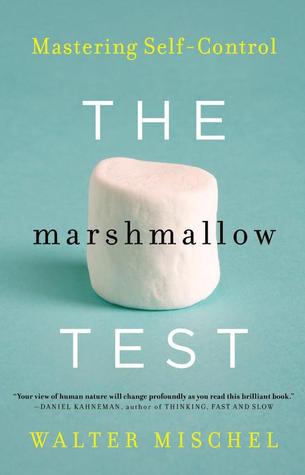More on this book
Community
Kindle Notes & Highlights
This study made a key point. Individuals who had lifelong low self-control on our measures did not have difficulty controlling their brains under most conditions of everyday life. Their distinctive impulse control problems in behavior and in their brain activity were evident only when they were faced with very attractive temptations.
Because optimists have higher overall expectations of success, they are more willing to delay gratification, even when it is difficult to do so.
As the researchers point out, if we feel greater continuity with who we will become, we might also be willing to sacrifice more of our present pleasures for the sake of that future self.
there is a common theme that connects the self-control challenges faced in all these diverse decisions over a lifetime. To resist a temptation we have to cool it, distance it from the self, and make it abstract. To take the future into account, we have to heat it, make it imminent and vivid. To plan for the future, it helps to pre-live it at least briefly, to imagine the alternative possible scenarios as if they were unfolding in the present. This allows us to anticipate the consequences of our choices, letting ourselves both feel hot and think cool.
There are close parallels between the workings of the psychological and the biological immune systems. Both serve us well, but both can backfire if they either overreact or underperform.


